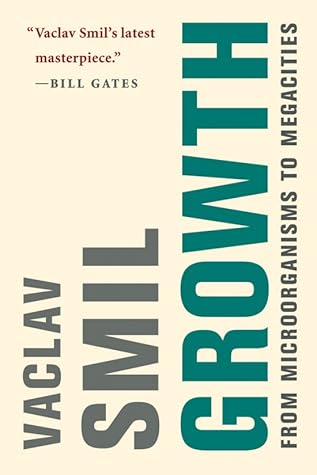Although both empires had to rely on large armies to defend their vulnerable borders, the institutions for doing so were different: Rome delegated power to its military and that made the Roman generals both kingmakers and contenders for the supreme power, while China’s governance relied on top-down bureaucracy that checked the authority of generals (Zheng 2015). These realities are illustrated by comparing the transfer of power in the Roman Empire and in the Qin and Han dynasties: 62% of Roman changes of power involved military accession, while in China hereditary successions accounted for 87%
...more
Welcome back. Just a moment while we sign you in to your Goodreads account.


